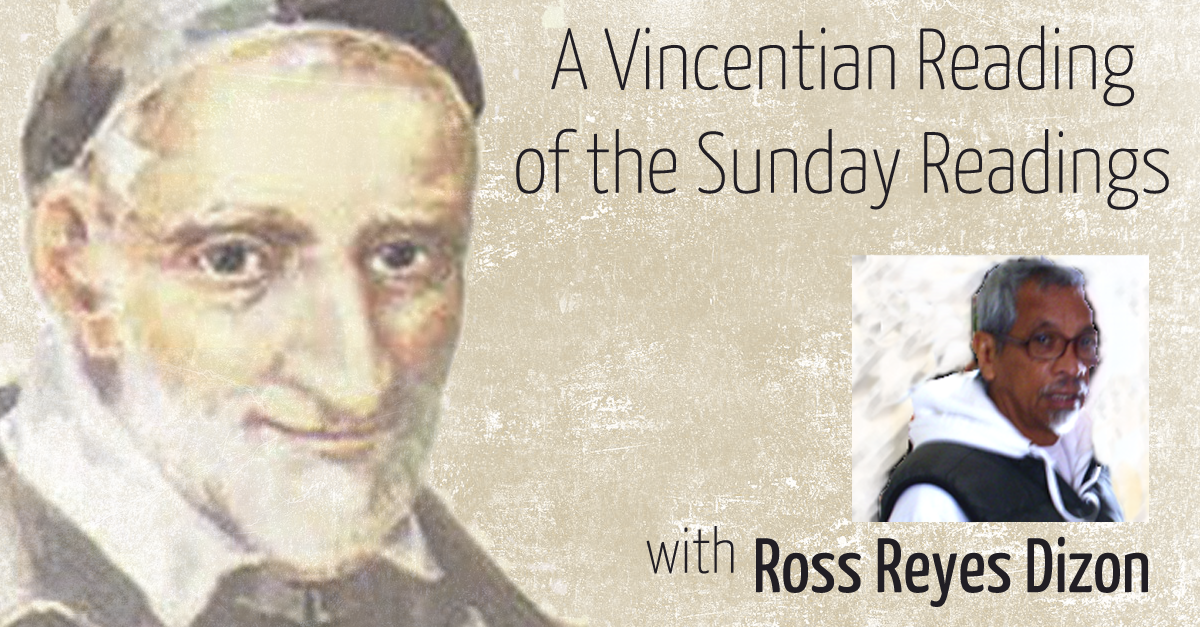Christ is our peace. He breaks down, through his flesh, the wall of hatred that separates us from one another.
Justice and peace are what the commandment, “An eye for an eye and a tooth for a tooth,” seeks. It forbids vengeance like that of Lamech, who boasts, “I have killed a man for wounding me, a boy for bruising me.”
So then, Lamech wants to return to the neighbor more than the harm done. The Mosaic law clearly forbids such retribution. One can ask furthermore if there could even be a modicum of peace where the citizens are that vengeful. Is vengeance not likely to multiply much more and with greater violence?
Jesus seeks precisely to end the spiral of vengeance and violence. That is why he invites his disciples to the perfection of their heavenly Father. This Father “makes his sun rise on the bad and the good. And he causes rain to fall on the just and the unjust.”
Hence, we disciples ought to go beyond the retributive justice of the law. Because we are the temple of God, it is our duty to be holy. In other words, we have to go to the root of evil and pull it out with the “imbalance of love.”
We subscribe, of course, to the teachings that the first reading at the Eucharist this Sunday imparts. And we do not question the wise saying, “If you enemy is hungry, give him food” (Prov 25, 21). Nor are we ignorant of the precept that we should even rescue the ass that belongs to an enemy (Ex 23, 5). But do we not really prefer to feed on the psalms of vengeance like Psalms 58, 94, 109, 137?
And is it not due to this, to offering resistance to someone evil, that we got from bipartisanship to partisanship? From cooperation to obstruction? From respect of the truth to apathy in the face of lies? Have we really become the “‘post-truth’ generation.”
They tell us that we wage war for peace. But what kind peace has come out of the war without end in Iraq or Afghanistan? Do we not have to take more seriously the love of enemies?
In accordance, yes, with the teaching of Jesus, we will contribute to the uprooting of evil only if we do what he did. He gave his body up and shed his blood for us, for our peace. And he took as neighbor even the hated Samaritan.
And with regard to doing as Jesus, St. Vincent de Paul says that God gives greater blessings to more humble beginnings (SV.EN II:351).
Grant, Lord, that we may live in peace, not rendering evil for evil.
19 February 2017
7th Sunday in O.T. (A)
Lev 19, 1-2. 17-18; 1 Cor 3, 16-23; Mt 5, 38-48








0 Comments